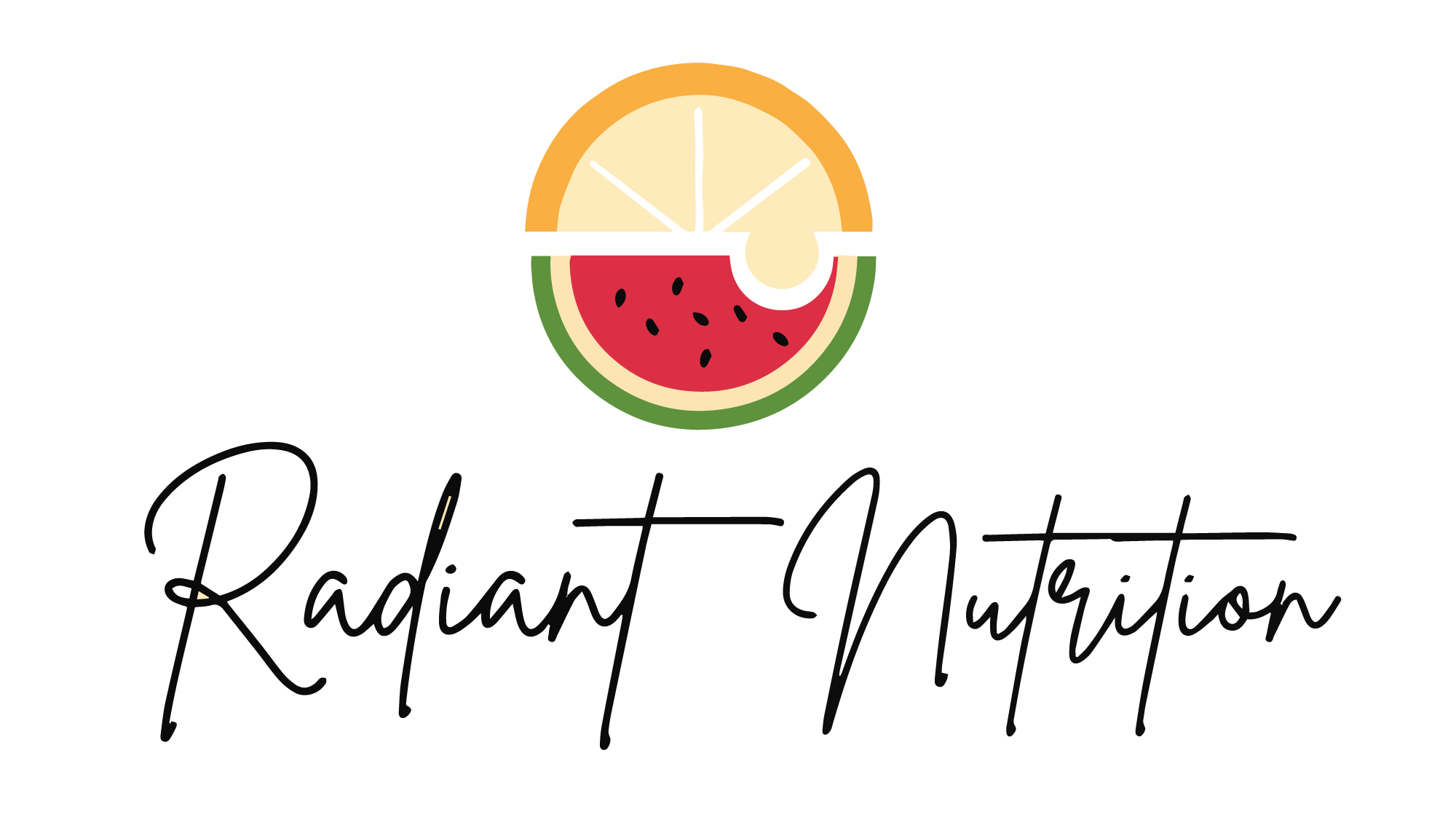Struggling With PCOS Symptoms? Read This.
PCOS can affect many facets of your life, including your relationship with food and how you view your body shape, size and functionality.
Interestingly, a diagnosis of PCOS is difficult to come by, as many women experiencing these symptoms attribute them to hormone fluctuations common in puberty. It is believed that PCOS is caused by abnormal hormone levels (i.e. raised levels of testosterone and luteinizing hormone (LH), low levels of sex hormone-binding globulin (SHBG), and sometimes raised levels of prolactin). When these hormones are unbalanced, the body adapts to produce the following symptoms: menstrual irregularities (never knowing when you are going to bleed, how much, etc.), infertility, hirsutism (increased hair growth on the face, chest, belly, or upper thighs), severe acne (that does not respond to typical treatments), insulin sensitivity, weight gain (or trouble losing weight), oily skin, skin tags, sugar cravings, ovarian cysts, gut issues, anxiety/depression, hair loss, and patches of thickened, dark, velvety skin.
More specifically, insulin sensitivity (also called insulin resistance) means your body doesn’t use insulin in a normal way. This can lead to an increase in blood glucose levels (also called hyperglycemia) and eventually pre-diabetes or even type II diabetes. Hyperglycemia causes fatigue, increased thirst, frequent urination, increased hunger, blurred vision, and yeast infections. Overall, many people with PCOS feel sluggish and hungry ALL. THE. TIME. PCOS can also cause gut issues such as IBS, diarrhea, constipation, and bloating. Once again, your hormones heavily influence your digestive system, so when they are unbalanced, so is your digestion.
That said, these symptoms can be super frustrating and quite frankly overwhelming. I get it! To get started, here are 5 things to consider when trying to decrease PCOS symptoms.
Work to fill your plate with whole grains/beans, protein, fat and some color. This is not a perfect process and we can help you figure out what works for your body if you need assistance. Many women with PCOS think that they can’t have carbs of any kind and this is not the case! While it is important to incorporate whole fruits and vegetables, whole grains, unsaturated fats (fish, avocado, nuts, seeds, etc.), and protein, you do not need to cut out all of the foods that are deemed “fattening” or “inflammatory.”
Find movement that you love. If exercise feels like a HAVE TO or has become something you dread, it’s probably not going to be sustainable and won’t have the same effect on the body (especially the mental benefits). Give yourself some space to try different workout classes or just start with a walk every day! This can greatly improve blood glucose levels and improve anxiety and depression.
Try to eat every 3-4 hours. Spreading energy intake out over 3-4 hour intervals keeps you from getting overly hungry and possibly overeating, allows the gut to digest food adequately and prepare for the next meal, and provides a sustainable amount of energy to prevent fatigue and loss of focus. Having snacks/meals that include all of the food groups is a great way to ensure that your body is getting the fuel it needs to sustain hormones levels and feed beneficial gut bacteria. In contrast, skipping meals may lead to spikes in cortisol levels, which have been linked to an increase in whole body inflammation. On a side note…contrary to popular belief, breakfast is a must for PCOS. If you want to learn more- make an appointment and we’ll discuss how to get this started if you struggle in this area.
Get your Zzzz’s. I am a big proponents of good sleep, and it is especially important for women with PCOS. Sleeping in a dark, cool room, ditching electronics before bed, and getting sun exposure first thing in the morning can help you develop a more consistent and restful sleep routine.
Finally, reach out to a registered dietitian who has experience working with women who have PCOS. Our team at Radiant Nutrition is stacked with incredible women who have experience walking clients through their nutrition journey with PCOS. Don’t wait another day to get started!
References:
Cleveland Clinic. (2021). Insulin resistance: What it is, causes, symptoms & treatment. Cleveland Clinic; Cleveland Clinic. https://my.clevelandclinic.org/health/diseases/22206-insulin-resistance
NHS . (2019). Causes - Polycystic ovary syndrome. NHS. https://www.nhs.uk/conditions/polycystic-ovary-syndrome-pcos/causes/
What are the symptoms of PCOS? (2024, August 21). Https://Www.nichd.nih.gov/. https://www.nichd.nih.gov/health/topics/pcos/conditioninfo/symptoms
Written by Trinny Duncan, Student Intern and Peggy Pratt, PhD, RDN, LDN, CEDS-C

